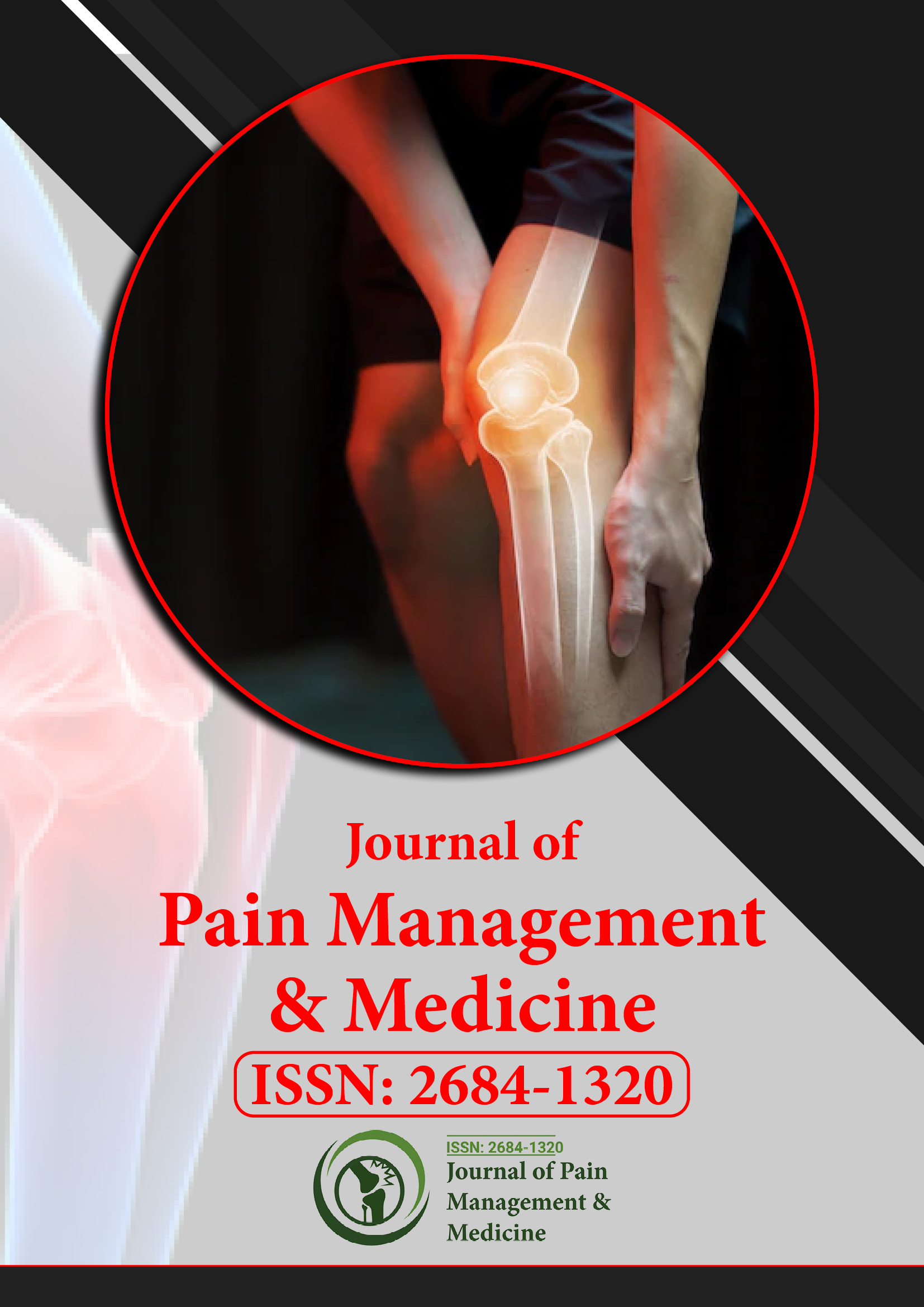索引于
- 参考搜索
- 哈姆达大学
- 亚利桑那州EBSCO
- 普布隆斯
- 欧洲酒吧
- 谷歌学术
- 优质开放获取市场
分享此页面
期刊传单

抽象的
Early Surgical Stabilization of Rib Fractures Leads to Favorable Short-Term Outcomes of Flail Chest Injuries: A Retrospective Study
Shun-Mao Yang, Po-Keng Su, Ying-Hao Su, Chun-Hsiung Huang, Alban Don Wang, Guan-Been Chen, Hsiung Tu, Meng-Kan Chen
Background: The optimal timing for Surgical Stabilization of Rib Fractures (SSRF) in the Flail Chest (FC) has not been established. This study was designed to study the effects of different timing for SSRF in patients with FC and analyze the subgroup of patients with an FC who can have maximal benefit.
Methods: We retrospectively analyzed the data of patients with FC, who underwent SSRF between May, 2016 and February, 2020. The enrolled patients were divided into the early (operation ≤ 48 h after injury) and late (operation>48 h after injury) SSRF groups. The primary outcome measures were the Duration of Mechanical Ventilation (DMV), duration of Intensive Care Unit stay (ICU stay) and Duration of Hospital Stay (HLOS). The secondary outcome measures were the incidence of pneumonia, tracheostomy and mortality.
Results: A total of 127 patients with FC who underwent SSRF were included in the study of these, 89 were men and 38 were women, with mean ages of 62.50 and there were 75 patients and 52 patients in the early and late SSRF groups, respectively. Univariate and multivariate linear regression analyses revealed that the factors associated with late SSRF and Respiratory Failure (RF) may affect primary outcomes. The early and late SSRF groups showed significantly different DMV (2.63 ± 3.59 vs. 5.58 ± 9.50, p=0.0367), ICU stay (4.32 ± 4.41 vs. 7.83 ± 9.41, p=0.0147) and HLOS (10.63 ± 4.73 vs. 15.83 ± 10.45, P=0.0013). The early (41 cases) and late (16 cases) SSRF subgroups of the RF group (57 cases) significantly different DMV (3.85 ± 4.42 vs. 14.44 ± 13.49, p=0.0071), ICU stay (5.51 ± 5.62 vs. 16.50 ± 13.14, p=0.0049) and HLOS (11.90 ± 5.80 vs. 24.63 ± 14.61, p=0.0049). Pearson’s correlation coefficients revealed significant positive correlations between surgical timing and DMV (r=0.671, p<0.001), ICU stay (r=0.631, p<0.001) and HLOS (r=0.700, p<0.001) in the RF group. Surgical timing and RF did not affect secondary outcomes.
Conclusion: This Research revealed that late SSRF and RF significantly affected the primary outcome of FC injuries. Patients who underwent early SSRF had significantly shortened DMV, ICU stay and HLOS, especially in the RF subgroup. SSRF within 48 h after injury is recommended for FC injuries.